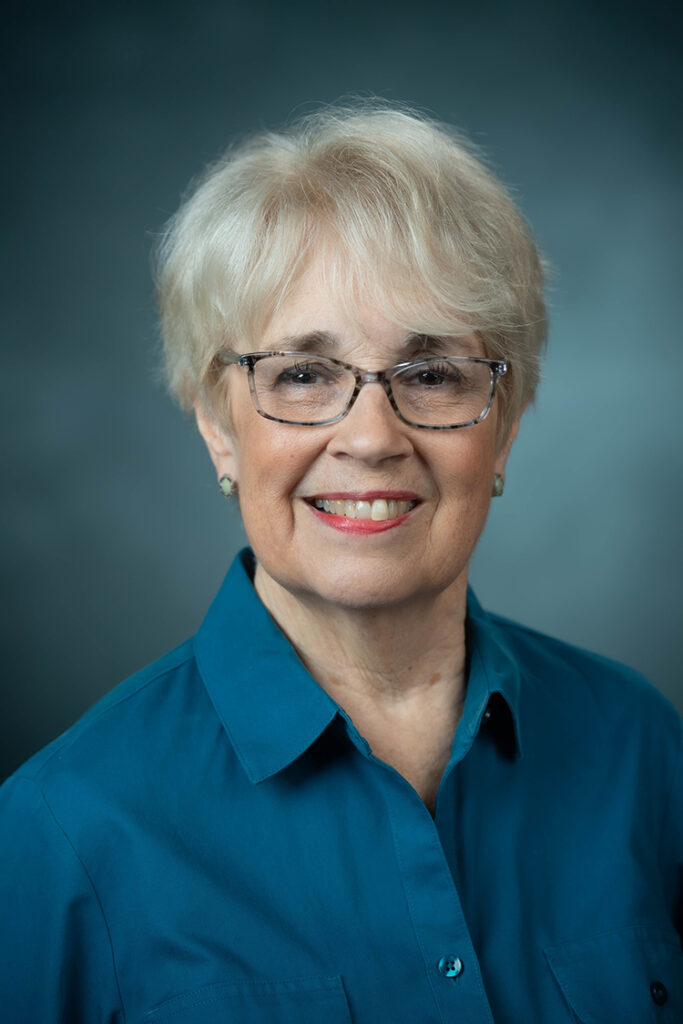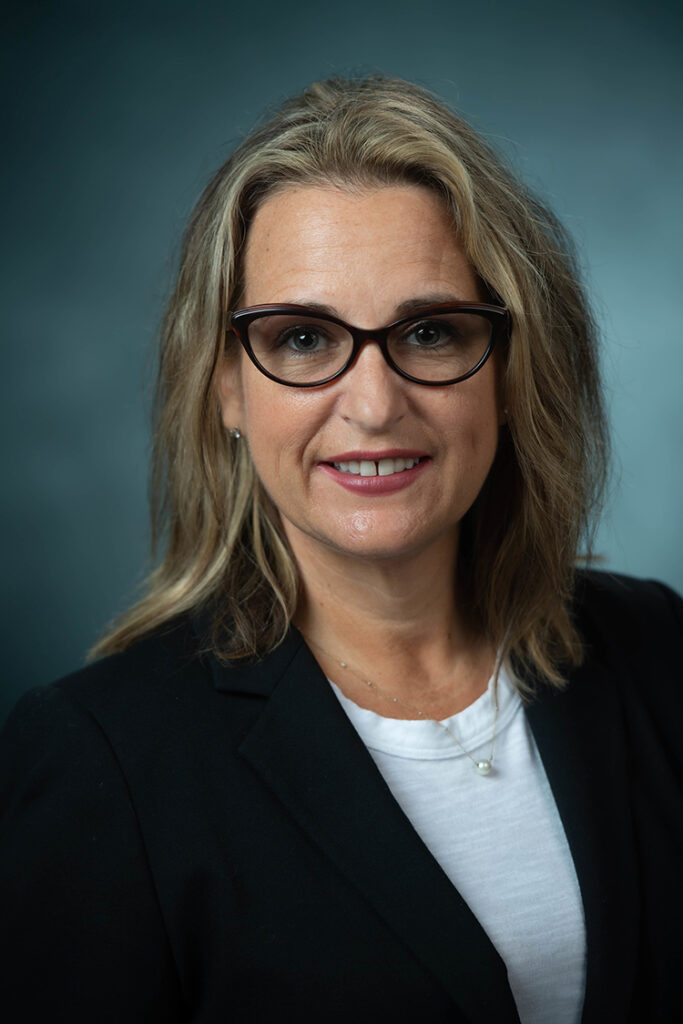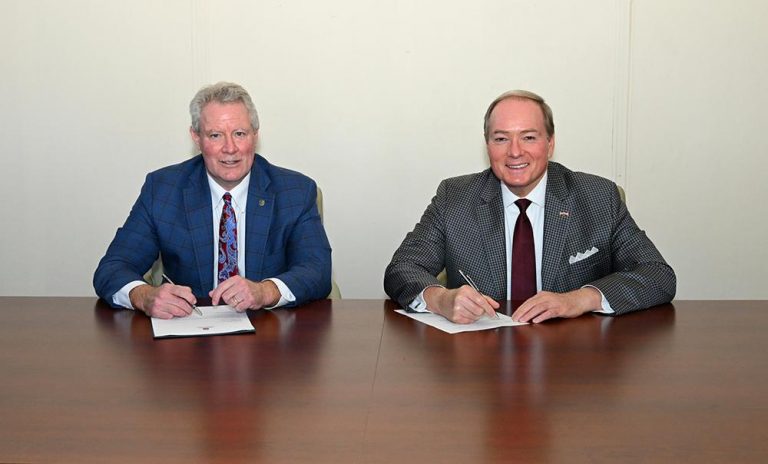
University of Mississippi education professors Kenya Wolff (left) and Cathy Grace are featured on the Feb. 23 edition of the 'Dr. Phil' show, available to stream online. The educators offered advice to parents and discussed the need for better funding for early childhood care. Submitted photo
Cathy Grace and Kenya Wolff discuss the importance of quality care on ‘Dr. Phil’
Incidents of child abuse in child care settings are not the norm, but the United States is experiencing a child care crisis, two University of Mississippi educators said Thursday, February 23, 2023 on the “Dr. Phil” show.
Cathy Grace and Kenya Wolff, co-directors of the university’s Graduate Center for the Study of Early Learning, were on the program to respond to a viral video that surfaced in October, featuring four Mississippi child care employees wearing “Scream”-style masks and terrifying the children in their care. The employees involved at Lil’ Blessings Child Care and Learning Center in Hamilton were each charged with three counts of felony child abuse.
What happened at this center deserves attention, “but people should know this is not the norm,” Wolff said. “Most people who go into the field do so because they care about children.”
Of the 7.5 million cases of abuse or neglect reported in 2017, fewer than 3,000 cases – or less than 0.03% – involved child care providers with children in their care, she said.
Still, parents can do several things to minimize the likelihood of abuse, Wolff said.
“Make sure the facility has a clearly defined child protection policy,” she said. “Ask for a copy.”
A strong policy will prohibit or limit one-on-one situations, Wolff said, noting that 80% of abuse happens in isolated situations with one adult in the room.
“When I was a child care director, I tried to make sure teachers were never the only adult in the room,” she said.
Another thing to look for in the policy is mandatory reporting and sexual abuse prevention training for staff. In most states, including Mississippi, this is a state mandate.
Parents and caregivers should also consider how employees are screened. Best practices include in-depth applications, personal and professional references, a criminal background check, and extensive interview, she said.
Parents should also listen to their children, Wolff said.
“As children get older, have open conversations with them about body safety and how they feel about their child care setting,” she advised.
The real crisis is “a lack of funding, infrastructure and systems to truly support families,” Grace said. In Mississippi, the average wage for a child care worker is only $8.52 an hour, and the system does not incentivize workers to remain and grow in the profession.
“At a fast-food chain, they can make between $10 and $15 an hour for less stress and no required continuing professional development, as Mississippi regulations stipulate,” she said. “We need to see better pay, more education and better regulation.”
Investing in early child care is the answer to this crisis, both educators agree.
“Child care is the foundation of a healthy society,” said Wolff, who has traveled the world looking at child care systems in countries such as New Zealand and Denmark. It not only makes communities healthier and happier, but “it supports families’ economic growth and can break the cycle of poverty.
“For every dollar invested in early childhood programs, society yields a $6.30 return, improving education, employment and health outcomes, and saving on later remediation costs.”
When a strong foundation is laid in the early years, it supports the development of social, emotional and cognitive capacities and executive functioning well into adolescence and adulthood.
Research shows that children who experience quality early learning and care programs are 25% more likely to graduate high school, four times more likely to complete a bachelor’s degree or higher, earn up to 25% more wages as an adult, and require fewer special education services in school, Wolff said.
“Basic aspects of brain function depend critically on very early experiences, as do aspects of social and emotional development,” she said.
For more information, educators and caregivers can check out Grace and Wolff’s podcast, “EdsUp!” The hosts provide “no-nonsense conversation about how to give children the best start in life,” featuring input by renowned educators.
The two also have spearheaded a project to provide families and educators with resources to support early childhood development. At the North Mississippi Child Care Resource and Referral Center, which Grace and Wolff also co-direct, teachers and caregivers receive free access to developmentally appropriate lessons and learning materials.
The “Daycare Dangers” episode of “Dr. Phil” is available to stream at https://www.youtube.com/watch?v=CDOugapbbrk.
By Leslie Joblin







1 thought on “University of Mississippi Educators Advocate for Better Child Care Funding”